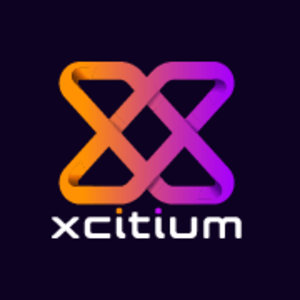We use the solution for zero-day protection. They have their own patented technology for zero-day attack protection. Mainly we are focusing on that feature. Plus, they have some other advanced features like Patch Management and EDR. They offer advanced Endpoint protection.
The ransomware protection is great.
The patch management works perfectly.
There are lots of great general features on offer.
It offers very good integration capabilities.
There's potential to integrate in a sandbox feature which can be quite helpful.
The initial setup is pretty simple and straightforward.
It's stable and reliable.
We can scale the solution.
There isn't a specific area that needs improvement at this time.
We'd like the solution to include advanced web filtering capabilities, similar to what Sophos offers.
I was handling the solution for more than one year.
The solution has been stable and reliable. There are no bugs or glitches. It doesn't crash or freeze.
The solution can scale. It's suitable for small to large-scale organizations. You just need to purchase the licenses based on your needs.
I've contacted support in the past for patch requests. They have been fine in terms of support.
Typically, within five minutes, support will respond. They're very fast.
I also have experience with Sophos and Kaspersky.
The main difference is that some features are not available in Kaspersky. And, for example, the patch management part is not included in Sophos. On the Kaspersky side, they have a patch management part. However, we need to purchase an additional option to enable that feature.
With Comodo Protection, patch management is already included with the product, and we don't need to buy it separately. Also, the main advantage is performance. When we implemented Sophos on the endpoint, the CPU utilization went higher. When we installed Comodo, the memory of the CPU utilization is very low.
We can implement Comodo from XP and SP3 to the latest operating system. However, with Kaspersky or Sophos, they are not supported for that or Windows 10. Comodo is supporting Windows XP SP3 and all our operating systems.
That said, the Sophos Intercept X Advanced option has a web filtering part, or integration. Comodo has only basic filtering, and web filtering is there. That means we can do the URL web addresses and block and allow the connection and that's it with Comodo. Comodo does have a separate product for that, Comodo Secure Internet, where we can configure and filter all the web filtering parts. That would be an extra solution at an extra cost.
It's not complex to set up. We just create a cloud account and add the necessary computers to the cloud agent. That's it. At that point, you are up and running. It's all very fast. One piece might take about ten minutes to deploy.
I'd rate the ease of setup five out of five.
We haven't faced much maintenance since implementing the solution. Any maintenance would be based on the customer's requirements. We have five engineers in-house that can handle deployment and maintenance tasks.
We didn't get any help from the vendor. I was certified to handle the solution and did the setup myself.
Generally, the cost is between $16 and $19 per endpoint.
That is only for the product. When giving a proposal to the customer, then we have to mention the implementation charges or the after-sales support charges. They are different. The costs there depend on the quantity of the product and the customer as well.
In terms of affordability, I'd rate the product five out of five.
We're a distributor.
I'm using the latest update of the solution.
It's a comprehensive protection suite. If you're looking for the best protection against zero-day attacks and ransomware, this product has patented technology. You can't find that technology from the other vendors.
I'd rate the solution ten out of ten based on its capabilities.








